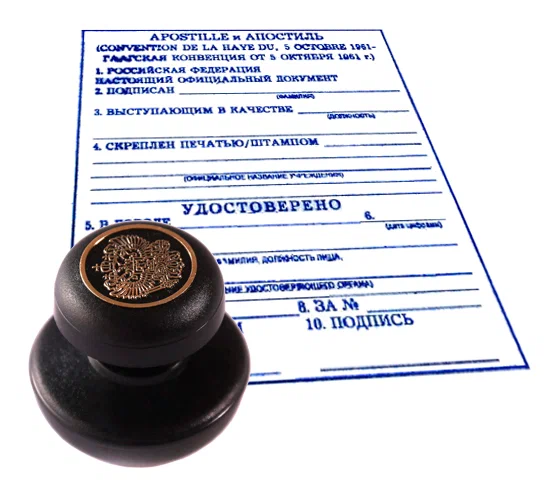Everything You Need to Know About Apostille Documents
- Prasanna Devi
- Aug 6
- 2 min read
In an increasingly globalized world, legalizing documents for use abroad has become more important than ever. Whether you're planning to study overseas, get married in a foreign country, or start an international business, chances are you’ll need apostille documents. But what exactly is an apostille, and why is it necessary?
In this microblog, we’ll explain what apostille documents are, why you need them, how the process works, and which types of documents typically require apostille certification.

What Are Apostille Documents?
Apostille documents refer to official papers that have been authenticated with an apostille certificate or stamp. An apostille is a form of international certification issued under the Hague Convention of 1961. This certificate verifies the authenticity of the document, including the signature, seal, or stamp, allowing it to be legally recognized in another country that is also a member of the Hague Convention.
It essentially acts as a “universal seal of approval” so your documents can be accepted abroad without further legalization or authentication.
Why Do You Need Apostille Documents?
If you're submitting documents to a foreign country for legal, educational, business, or immigration purposes, you may be required to provide apostille documents. These help confirm that your paperwork is valid and issued by a legitimate authority in your home country.
Here are a few common scenarios where apostille documents are needed:
Studying abroad – academic transcripts, degrees, or diplomas
Marriage or divorce overseas – birth certificates, marriage certificates, divorce decrees
Working abroad – employment verification, police clearance certificates
Business or trade – commercial contracts, company registration papers
Immigration – identity documents, criminal background checks
Which Documents Can Be Apostilled?
Many types of personal, educational, and corporate documents can be apostilled. Some of the most commonly apostilled documents include:
Birth and death certificates
Marriage and divorce certificates
Academic records (degrees, diplomas, transcripts)
Court orders
Power of attorney
Affidavits
Business contracts
Company registration documents
Police clearance certificates
It's important to note that the document must first be an original or a certified copy issued by a relevant authority before it can be apostilled.
The Apostille Process: Step-by-Step
The apostille process varies by country, but here’s a general outline of how it works:
Obtain the Original Document Make sure your document is original or a certified true copy from an authorized body.
Verify Eligibility Check if both your home country and the destination country are part of the Hague Apostille Convention.
Submit for Apostille Submit the document to the appropriate government department (e.g., Ministry of Foreign Affairs, Notary Public, or designated competent authority).
Apostille Issuance The authority will attach an apostille certificate, usually a stamp or label with a unique ID number.
Ready for Use Abroad Once apostilled, the document is legally valid for use in any other Hague Convention member country.
Final Thoughts
Getting your documents apostilled can feel overwhelming at first, but it’s a crucial step when dealing with international paperwork. Whether you're relocating, expanding your business, or pursuing education abroad, ensuring your documents are properly apostilled saves time, hassle, and potential legal issues.
Always check the exact requirements of the destination country and consider working with a professional apostille service if you're unsure.




Comments